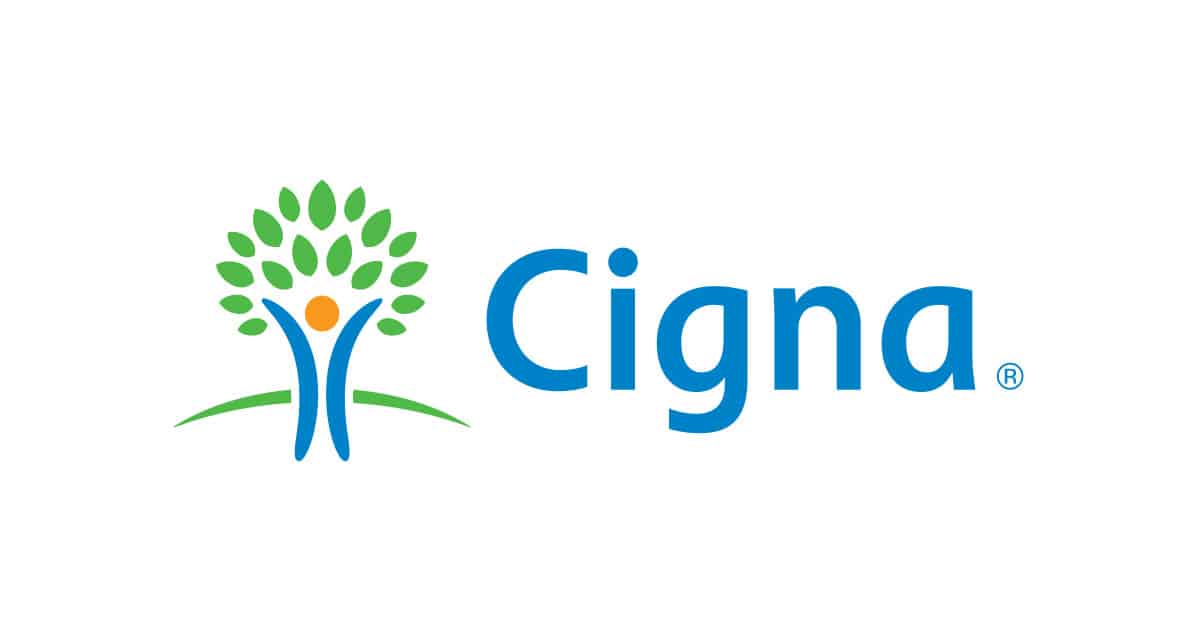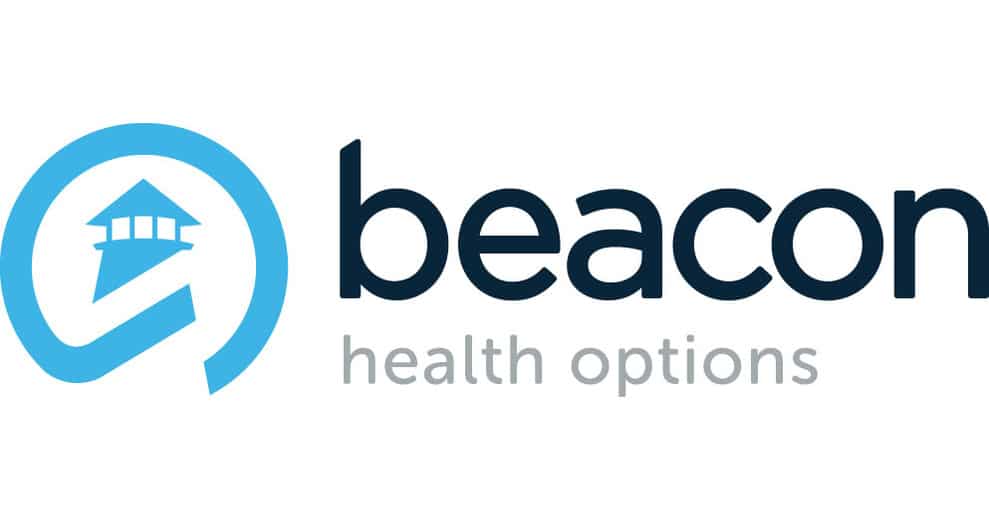Table of Contents
Mindfulness-Based Cognitive Therapy (MBCT) is an innovative therapeutic approach that merges the principles of mindfulness practices with the strategies of Cognitive Behavioral Therapy (CBT). This blend is designed to enhance individuals’ awareness and acceptance of their thoughts, feelings, and bodily sensations, thereby fostering resilience and reducing the likelihood of depression and anxiety relapses.
Developed by Zindel Segal, Mark Williams, and John Teasdale, MBCT was conceived as an expansion of cognitive therapy techniques. The therapy aims to teach participants how to break free from the automatic cycles of negative thought that can lead to a downward spiral of mood and anxiety disorders. This article delves into the methods, applications, and advantages of Mindfulness-Based Cognitive Therapy, offering insight into how it can provide a supportive framework for managing mental health.
What is Mindfulness-Based Cognitive Therapy?
Mindfulness-Based Cognitive Therapy (MBCT) is an innovative therapeutic approach that merges mindfulness practices with the principles of cognitive behavioral therapy (CBT) to effectively manage depression, anxiety, stress, and other mental health conditions. Originally inspired by Jon Kabat-Zinn’s Mindfulness-Based Stress Reduction (MBSR) program, which integrates mindfulness meditation to assist in coping with physical illness, stress, and pain, MBCT extends these concepts to the realm of mental health.
MBCT has shown particular efficacy in preventing depression relapse and in treating mood disorders by fostering an increased awareness and acceptance of one’s thoughts and feelings without judgment. It empowers individuals to recognize and detach from negative thought patterns, offering tools for dealing with distressing emotions and situations more constructively. By learning to observe their emotional states with openness and curiosity, individuals can navigate through challenging times with a healthier mindset, making MBCT a valuable strategy for enhancing emotional resilience and overall well-being.
How Does Mindfulness-Based Cognitive Therapy Work?
Mindfulness-Based Cognitive Therapy blends traditional Cognitive Behavioral Therapy techniques with mindfulness exercises, such as meditation, to offer a nuanced approach to treating recurrent depression and anxiety. By integrating mindfulness practices, individuals learn to observe and accept their thoughts and feelings without judgment, focusing on the present moment rather than dwelling on the past or worrying about the future.
According to Psychology Today, MBCT teaches that experiencing sadness or other negative emotions doesn’t have to lead to depression relapse. Instead of trying to avoid these feelings, MBCT encourages individuals to develop a new relationship with them through mindfulness exercises. This approach helps individuals become more attuned to their body’s signals, recognizing the precursors of negative thought patterns or behaviors that may lead to a depressive episode or escalate anxiety.
MBCT emphasizes that while you may experience challenging emotions, these feelings do not define you. They are transient states that, like all emotions, will eventually pass. Learning to view these feelings with a sense of detachment and curiosity, rather than immediate identification or alarm, fosters a profound shift in how individuals respond to their inner experiences, ultimately altering their behaviors in a positive way.
Goals Of Mindfulness-Based Cognitive Therapy
MBCT aims to offer transformative support for individuals grappling with depression, focusing on enhancing their understanding and management of their mental health. The overarching goals of MBCT are multi-faceted, seeking not only to educate individuals about the nature of depression but also to empower them with insights and tools for their well-being:
Understanding Depression: MBCT strives to demystify depression, providing individuals with a clear comprehension of its characteristics, triggers, and impacts. This foundational knowledge is crucial for effective management and recovery.
Identifying Vulnerabilities: The program aims to help individuals recognize specific triggers that make them susceptible to depressive episodes. By understanding the personal patterns and circumstances that contribute to the onset of depression, individuals can develop strategies to avoid or mitigate these triggers.
Breaking the Cycle of Negative Thinking: A core component of MBCT is illustrating the powerful link between negative thought patterns and the perpetuation of depressive states. By highlighting common cognitive traps such as setting impossibly high standards, self-criticism, or disconnecting from life’s pleasures, MBCT teaches individuals to recognize and alter these patterns. This understanding paves the way for interrupting and reversing the downward spirals that characterize depression, fostering a more resilient and fulfilling engagement with life.
Through these objectives, MBCT offers a comprehensive approach to not just coping with depression but fundamentally altering one’s relationship with mental health challenges.

Techniques in Mindfulness-Based Cognitive Therapy
Mindfulness-Based Cognitive Therapy leverages a blend of mindfulness and cognitive therapeutic techniques to help individuals become more aware of their thoughts and emotions without judgment. This therapeutic approach includes a variety of practices aimed at enhancing mindfulness:
Meditation: Participants engage in either guided or individual meditation sessions, focusing on increasing awareness of their thoughts, bodily sensations, and breathing patterns.
Body Scan Exercise: This practice involves attentively scanning one’s body from toes to head, acknowledging each area to foster a deeper connection between the mind and body.
Everyday Mindfulness Practices: MBCT encourages the integration of mindfulness into daily activities, enhancing present-moment awareness outside of structured meditation sessions.
Mindful Stretching: Engaging in deliberate stretching exercises, participants focus on the sensations within their bodies, linking physical movement with mindful awareness.
Yoga: Various yoga poses are incorporated into the therapy to support mindful body movements and further cultivate bodily awareness.
One specific technique within MBCT is the “three-minute breathing space,” which is structured into three phases over three minutes:
- Observing the current moment and acknowledging your feelings and thoughts.
- Concentrating solely on your breath, guiding your focus inward.
- Expanding attention to encompass bodily sensations, fostering a holistic sense of awareness.
Additional CBT mindfulness techniques such as walking and sitting meditations, as well as exercises that encourage attentiveness to thoughts and ambient sounds, all aimed at fostering a deeper, non-judgmental understanding of one’s mental and emotional landscape.
What Can CBT Mindfulness Help With?
Mindfulness-based cognitive therapy is recognized for its effectiveness in aiding those with recurrent depression. Initially tailored for depression relief, MBCT’s benefits span a variety of conditions:
- Anxiety disorders
- Bipolar disorder
- Depression linked to medical conditions
- Addictions
- OCD
- Traumatic Brain Injury
- Persistent low mood
- General feelings of unhappiness
- Preventing depression relapse
- Depression that resists standard treatments
This approach offers a supportive path for individuals dealing with these challenges, demonstrating MBCT’s versatility in mental health management.
Benefits of Mindfulness-Based Cognitive Therapy
MBCT intertwines cognitive therapy’s insights with mindfulness practices to challenge and transform negative thought patterns, aiding in the mitigation of depression. This innovative approach empowers individuals to recognize, question, and alter their negative beliefs, fostering positive, reality-aligned thinking. By promoting mental clarity and equipping individuals with strategies to detach from detrimental thoughts, MBCT prevents them from exacerbating depressive states.
The synergy of mindfulness and cognitive strategies within MBCT is pivotal; mindfulness cultivates an acute awareness and acceptance of present emotions, while cognitive therapy interrupts and restructures unhelpful thought cycles, facilitating healthier emotional processing and resilience against depression triggers.
MBCT vs. CBT
Mindfulness-Based Cognitive Therapy and Cognitive Behavioral Therapy are both grounded in the understanding that recognizing and critically assessing unhelpful thoughts is crucial for emotional well-being. Each therapy aims to reduce the likelihood of automatic, negative reactions to thoughts, feelings, and external events, proving particularly effective for managing depression and anxiety.
The key distinction lies in their approaches: MBCT emphasizes mindfulness, focusing on awareness of the present moment, including thoughts, feelings, and sensations. It teaches individuals to observe these aspects without judgment, fostering a connection to the current experience.
Conversely, CBT is more analytical, guiding individuals to dissect and understand their negative thought patterns. It often involves structured activities, such as tracking emotions and reactions, encouraging an active role in changing harmful thought processes.
While CBT focuses on challenging and replacing negative thoughts, MBCT adopts a more accepting stance, allowing these thoughts to pass through the mind with a sense of detachment. This difference in focus offers individuals varied pathways to mental health, depending on their unique needs and preferences.
Why Does MBCT Work?
MBCT effectively enhances your consciousness of the precursors to negative thought spirals. By heightening your awareness of mental patterns, you’re better equipped to intercept and deter these thoughts before they manifest into harmful behaviors. Engaging in mindfulness, especially during times of emotional distress, brings your focus squarely into the present moment. This practice retrains your brain to concentrate singularly, making it inherently difficult to dwell on detrimental thoughts while remaining anchored in the now. This dual focus on mindfulness and cognitive intervention is what makes MBCT a powerful tool in breaking the cycle of negative thinking.
What Can I Expect From MBCT Sessions?
Participating in Mindfulness-Based Cognitive Therapy involves engaging in an eight-week group program, with each session lasting approximately two hours. There’s also a day-long session that typically occurs after the fifth week. A significant portion of MBCT’s effectiveness stems from the practice and exercises done outside of the therapy sessions.
Participants are expected to dedicate time to homework, which entails engaging with guided meditation recordings and integrating mindfulness practices into their everyday activities. This commitment requires about 45 minutes of practice six days a week, encouraging the continuous application of mindfulness techniques to nurture and enhance mental well-being.

Mindfulness-Based Cognitive Therapy Techniques and Addiction Treatment?
In the realm of addiction treatment, Mindfulness-Based Cognitive Therapy employs a variety of techniques to assist individuals in managing cravings and negative thoughts.
Mindfulness Meditation: Contrary to the common perception of merely being a relaxation tool, mindfulness meditation sharpens your awareness of thoughts, allowing them to pass without attachment, akin to observing clouds drifting by without being swept away by them. This practice fosters a gentle, nonjudgmental awareness of the present moment, aiding in the avoidance of relapse-triggering thought patterns.
Body Scan Meditation: This technique involves a focused awareness on different parts of the body in sequence, promoting mental focus and presence. Just as a dancer meticulously practices to perfect their art, the body scan hones mental attention to the immediate experience.
The SOBER Method: An acronym for Stop, Observe, Breathe, Expand, Respond, this technique offers a structured approach to confronting high-risk situations by pausing to observe physical sensations and emotions, breathing to calm the fight or flight response, considering options, and then responding thoughtfully.
Yoga, Tai Chi, and Qigong: These practices combine gentle movements with deep breathing to foster a sense of balance and stress relief, channeling healing energy throughout the body.
Mindful Walking and Eating: By fully engaging in the act of walking or eating, these practices train you to be present in the moment, reducing the room for negative or intrusive thoughts.
Urge Surfing: A technique for managing cravings, urge surfing encourages envisioning cravings as waves to be ridden, acknowledging their presence without acting on them until they naturally diminish.
These MBCT techniques are integral in teaching individuals struggling with addiction how to live more mindfully, reducing the likelihood of relapse by fostering a deeper understanding and control over their thoughts and behaviors.
Mindfulness-Based Cognitive Therapy at West Georgia Wellness Center
Embark on a transformative journey with Mindfulness-Based Cognitive Therapy in Atlanta, GA. Our residential substance abuse program and residential mental health program provide a serene and supportive environment for you to explore mindfulness practices and cognitive therapy techniques that foster mental well-being and resilience. Our experienced therapists are dedicated to guiding you towards a life of greater awareness, acceptance, and emotional balance. Don’t let another day pass in the shadow of your struggles. Take the first step towards a more mindful and joyful life by calling us now at 470-348-5643 to begin your MBCT in Atlanta, GA today. Your path to healing begins here.














